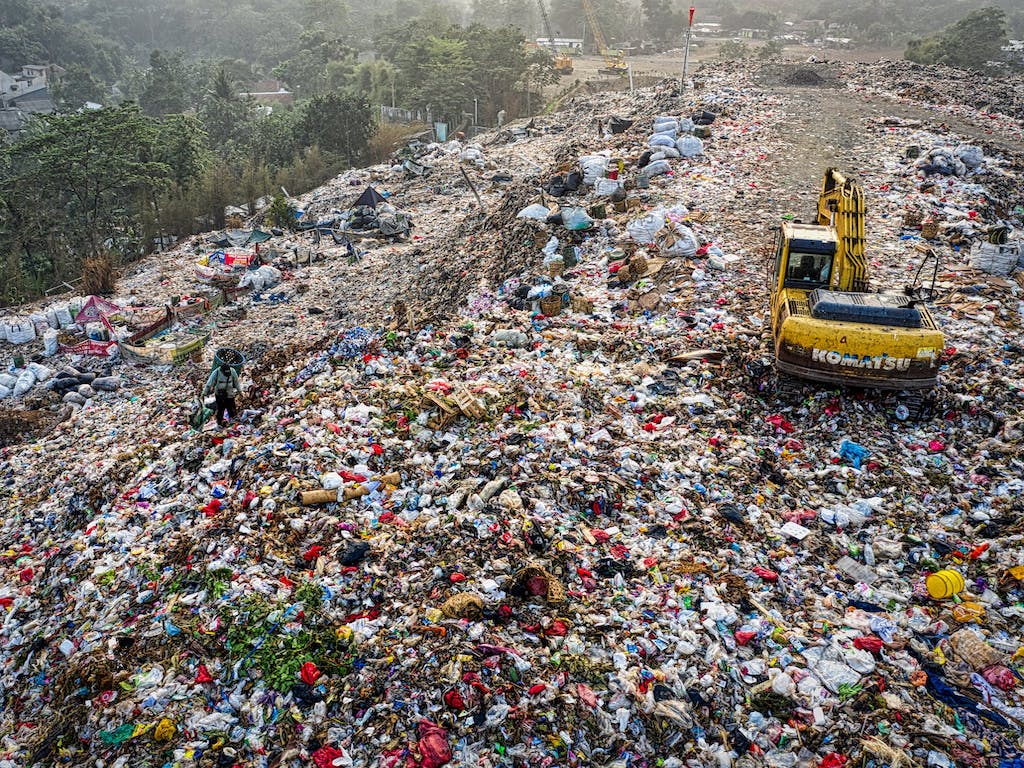3 Mins Read
The British government is proposing to introduce a new tax on plastic packaging that contains less than 30% recycled plastic. If the planned bill is passed, any plastic used for packaging across all sectors that is manufactured in or imported into the United Kingdom from April 2022 onwards will be taxed at a flat rate of £200 (US$244) per tonne. If successfully implemented, the legislation could provide a blueprint for countries around the world to take meaningful action to fight the global plastic pollution crisis.
Currently, the policy design for the proposed plastics tax is still in consultation stage, but is predicted to be enacted by April 2022. The policy will mean that all types of plastic packaging imported into or manufactured in the United Kingdom that does not contain at least 30% recycled content will be subject to a £200 (US$244) tax per tonne.
All kinds of plastic packaging are covered in this legislation, including compostable and bioplastic plastic packaging. The only exception to the bill is “cellulose based polymers that have not been chemically modified.”
The discussed bill differs from the government’s previous proposal, which originally only applied a tax to plastic packaging around goods and exempted imported unfilled packaging. This means that plastic packaging products that are sold to consumers to use, such as cling film, will also be taxed under the current plan.
However, companies that make or import less than 10 tonnes of plastic each year will not be subject to the tax.
For plastic packaging manufactured in the country, the producer will have to pay the tax. Imported plastic packaging will be taxed when it becomes first commercially available in the United Kingdom, and will be accounted for by calculating quarterly returns, in a similar way to VAT.
Earlier this year, France passed a more far-reaching anti-waste law that banned companies across all sectors, including e-commerce firms, from destroying leftover stock and returned items. It also dictated that unsold food items had to be donated to charities, and that paper receipts that are generally not recyclable will have to be phased out.
The policy garnered praise from environmentalists, who described the law as a major step forward to combat the wasteful practices rampant in our global economy.

In 2018, the World Bank reported that over 2 billion metric tonnes of municipal solid waste is produced annually worldwide, and this figure is set to grow to over 3.4 billion by 2050. With only around 13.5% of the total global waste being collected and recycled, our landfills are quickly overflowing and plastic waste will outweigh the number of fish in our oceans in the coming years.
While France’s landmark anti-waste law to promote a circular economy is arguably more effective than the plastic tax proposed for the United Kingdom, the planned bill still signals a step forward in ensuring responsibility over plastic consumption and waste – both from manufacturers and consumers.
For many other countries where a far-reaching anti-waste bill may not yet be feasible, especially in developing countries in Asia whose economies predominantly rely on industrial activities, a plastic packaging tax may be more appealing and could pave the way for much-needed action against plastic waste.
Faced with unenthusiastic governments when it comes to plastic waste, many Asian countries have relied on grassroots activism from startups to nonprofits to find creative ways to wage war against plastics. Garbage cafés in India, for instance, are feeding people in exchange for collected plastic waste, while trash barrier booms are being set up along Indonesia’s rivers.
Lead image courtesy of Shutterstock.




